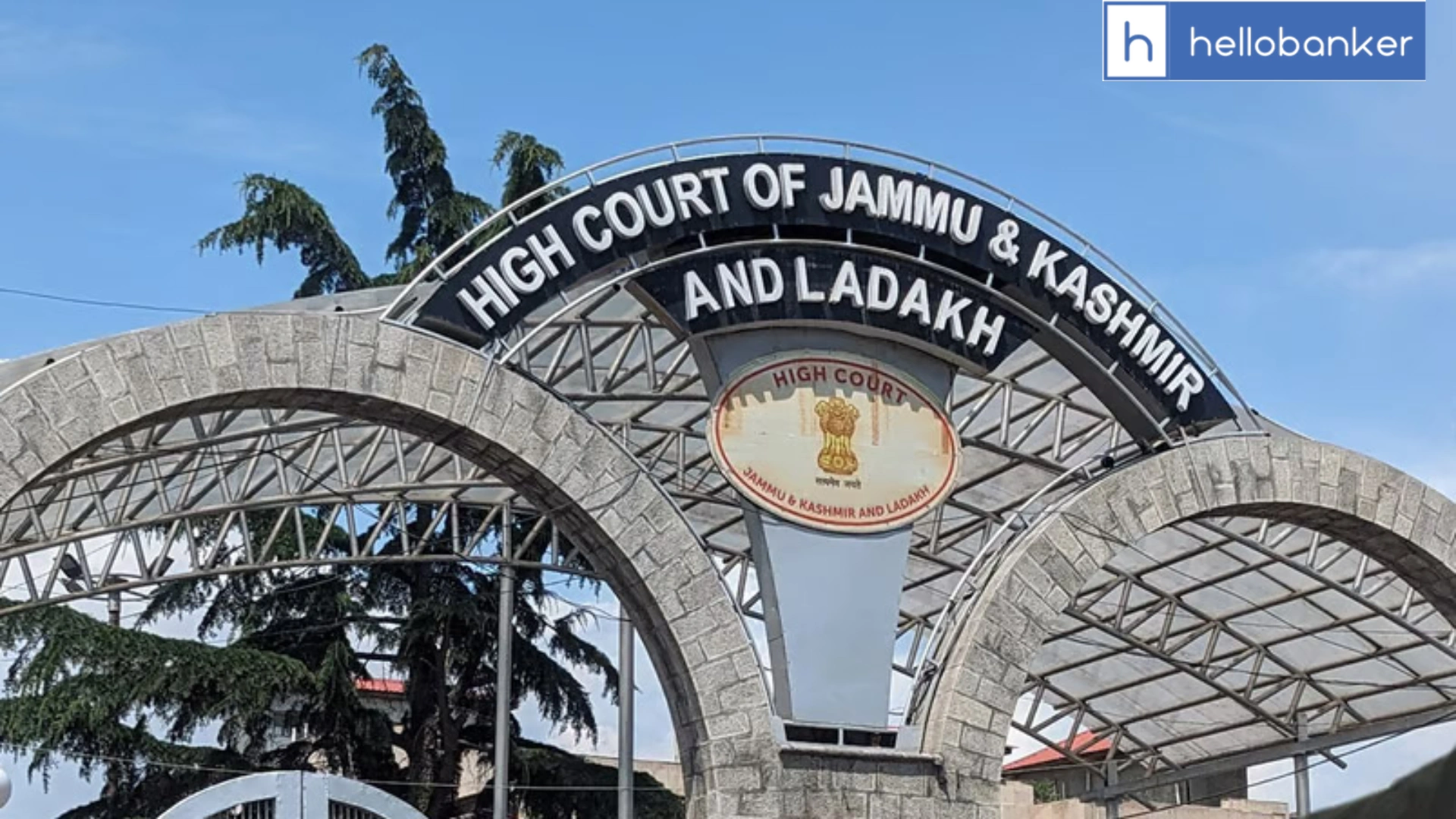The Jammu and Kashmir and Ladakh High Court recently ruled that in cases involving bounced cheques, it is not always necessary for the bank’s branch manager to appear personally in court. Instead, any authorised bank official who has access to the relevant bank records can give the testimony needed for the trial. This ruling was given in the case of Iftikhar Ashraf Trumboo vs. Furqan Ahmad Rather.
Why Is the Bank Manager’s Presence Not Mandatory?
In cheque bounce cases, the court mostly relies on official bank records as evidence. The bank manager does not need to give personal knowledge or opinions but only needs to confirm the records. The High Court, led by Justice Sanjay Dhar, explained that this means it is not necessary for the branch manager to personally testify.
What Led to This Ruling?
In this particular case, the trial court refused to accept the testimony of an authorised bank representative sent by the bank. The trial court insisted that only the branch manager—who was originally named as the witness in the complaint—could give the statement under Section 138 of the Negotiable Instruments Act, 1881.
It is important to note that the branch manager had appeared in court several times earlier but could not give his statement because the accused or their lawyer was absent on those dates.
Later, when the bank manager sent an authorised official instead, the trial court rejected this and said it would only accept the manager’s testimony.
What Did the High Court Say?
The complainant challenged this decision in the High Court. The High Court ruled that the trial court was wrong to refuse the authorised official’s testimony.
The court said that this is not a case where the bank manager needs to speak from personal knowledge. The testimony is about bank records, which can be given by any authorised employee who handles those records regularly.
The High Court stated:
“Any duly authorised bank employee involved in maintaining the bank’s records can testify to the entries in the accused’s account. Refusing to record the authorised official’s statement was not in line with the law.”
What Is the Outcome?
The High Court set aside the trial court’s decision and ordered it to accept the statement of either the branch manager or any other authorised official who regularly manages the relevant bank records.
This ruling makes the legal process smoother by allowing banks to send authorised representatives rather than always requiring the branch manager to attend court in cheque bounce cases.
